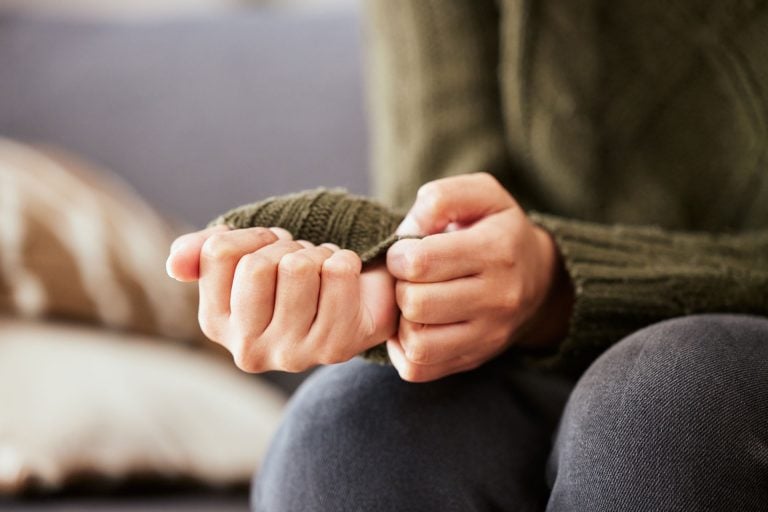
94% of victims of crime involved in Restorative Justice said it directly increased their sense of safety.*

If you’ve been affected by crime, or have committed a crime yourself, Restorative Justice is a powerful way for everyone involved to understand the impact it’s had and move forward. We help people communicate in a safe and confidential environment, where everyone feels comfortable. It’s a chance for both sides to talk about their experience, with their own voice – and to properly understand how it’s made everyone feel. This is an alternative way of dealing with an offence or incident – but one that can make a huge difference for everyone concerned.
All victims of crime have the right to be given information about Restorative Justice.
Victim Code of Practice – Right 3
Restorative Justice can be used in many different situations – from criminal damage and harassment, to complex violent crimes. It doesn’t matter what the incident was, when it happened, or what stage you’re at in the criminal justice system – you can still speak to us.
If you’ve been harmed, it offers you an opportunity to communicate with the person responsible, ask questions and have your say. If you’re responsible for a crime, it’s a chance for you to face the consequences of your actions and the impact they’ve had.
Our experienced and well-trained team will support and guide you through the process. All the time making sure you’re prepared to communicate with the other person – in a way that you feel safe and secure. Whether that’s writing a letter, sharing video or audio messages, or meeting face-to-face – we’ll help you decide what’s best. You can also involve a friend, family member or other professional if that makes you feel more comfortable.
The way we work is designed to help people gain an understanding of each other, describe their thoughts and feelings, and most importantly, repair the harm that has been caused.
94% of victims of crime involved in Restorative Justice said it directly increased their sense of safety.*
96% of offenders taking part in Restorative Justice said it directly increased their motivation to not re-offend.*
*All Party Parliamentary Group for RJ – 2021 Report
When you come to us with a problem or are referred, we’ll contact you to find out what’s been happening and how we might be able to help. Then we’ll put you in touch with two of our team who will arrange to meet you individually. This can be online (through Zoom or something similar), at home or another place where you feel comfortable. And it can be during the day, evening or at the weekend. We can also provide interpreters or translators to make sure the process is as easy as possible.
When we meet, we’ll talk about what’s happened, how you feel and what you want from working with us. We’ll listen, try to understand the situation and talk through ways we can help to make it better. We may have more than one meeting – and if we think we’re not the best people to help, we can put you in touch with someone who is.
Once we understand the situation, we’ll decide on the next stage of the RJ process. Depending on what you feel comfortable with, we may try to set up a meeting with the other person involved. Or we might organise a’ shuttle meeting’ where messages are passed backwards and forwards between two people, or suggest restorative letters or messages sent through an audio or video recording. Generally, once people come together and understand how their actions are making people feel, things do get better.
If the other party doesn’t want to meet up, we can still work with you to find ways to deal with the situation. And we always stay in touch to check if things improve along the way.